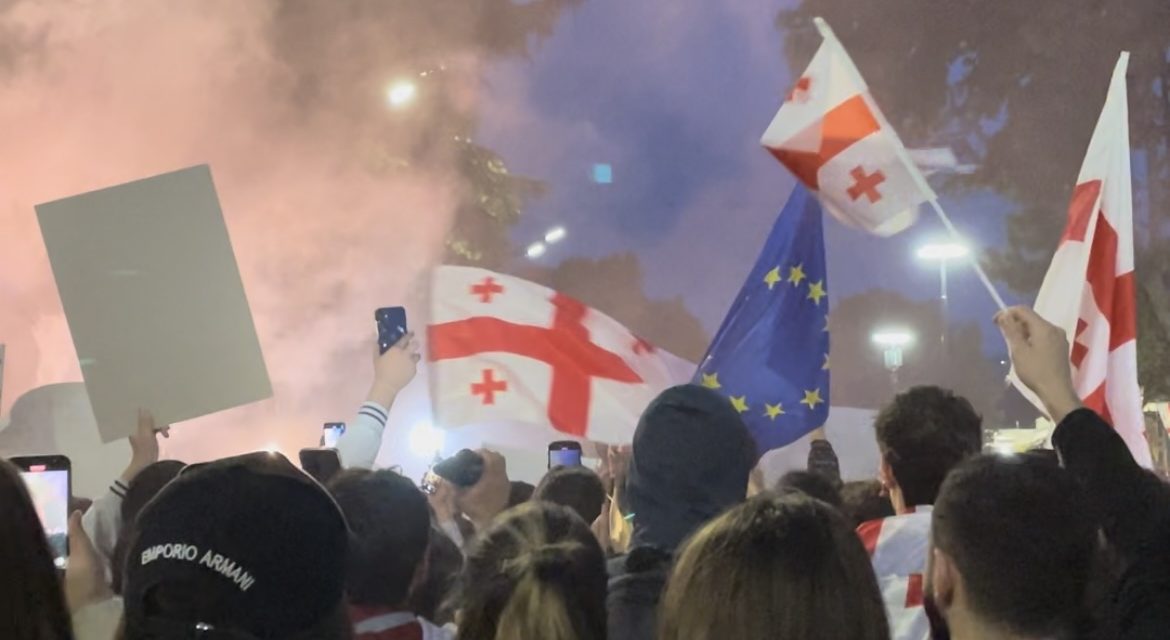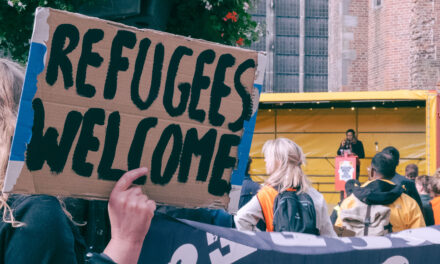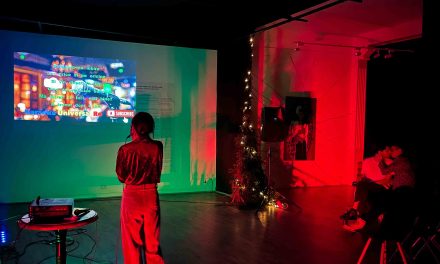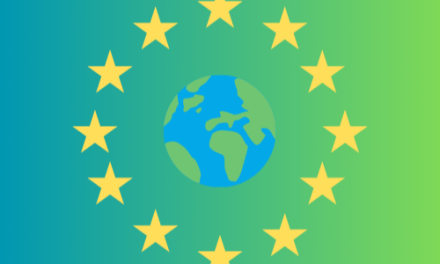As Georgia gears up for its pivotal elections on October 26, 2024, the country is grappling with political unrest sparked by a controversial new law. Introduced by the ruling Georgian Dream party in April 2024, the law on transparency mirrors Russia’s infamous Law on Foreign Agents. This move has ignited widespread protests, with many fearing that the government is pushing the country closer to Russian influence.
The law, widely referred to as the “Russian Law,” requires foreign-funded non-governmental organizations and media outlets to register as foreign agents, and places heavy fines or even closure on those who refuse. Many see this as an attempt to stifle opposition and restrict freedoms, with critics arguing that it is a calculated step toward aligning Georgia with Russia’s autocratic regime, especially after years of tensions and conflict between the two countries.
David Sekhniashvili, an organizer of the protests and a member of the political movement Step, believes that the protests will have a significant impact on the upcoming elections. “We’ve seen a surge in political engagement among young people,” he says. “It’s clear that they’re upset by the government’s anti-democratic actions. I’m proud that 250,000 young people will participate in the election for the first time. They’re ready to shape our country’s future.” While the exact number of first-time voters may be difficult to confirm, Sekhniashvili’s sentiment reflects the growing energy among Georgia’s youth, who are eager to oppose what they see as a slide toward autocracy.
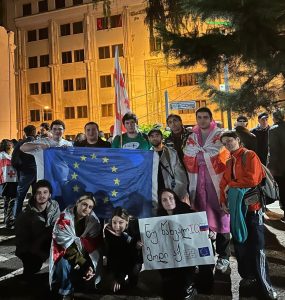
The European Union has been closely monitoring the situation in Georgia, offering support to the protesters and emphasizing the importance of free and fair elections. Mr. Sekhniashvili underscores the significance of this support, particularly during the post-election period. “The EU’s pressure on the government is vital. Their threats of sanctions and the suspension of visa liberalization are sending a clear message: we will not let Georgia slip into Russia’s orbit,” he says, hopeful but cautious.
As election day approaches, tensions continue to rise. Georgian society anticipates the possibility of government violence, as seen in previous protests, with fears that the ruling party may resort to tactics like tear gas and rubber bullets to suppress dissent. “It’s going to be a tough day. Autocratic regimes are known for using violence during elections. The new law on amnesty could also be used to release criminals, who might then intimidate voters,” Sekhniashvili warns.
The law on amnesty, which could release thousands of prisoners, is seen by many as another tool for the government to manipulate the election outcome. With increasing pressure from Russia and the government’s apparent alignment with Moscow, Georgian citizens are left to choose between a future aligned with Europe or one dominated by Russia’s autocratic regime.
This election is more than just a political contest. It’s a battle for Georgia’s future direction. The proportional election format has brought together like-minded parties determined to remove Russian influence and ensure a democratic future for the nation.
